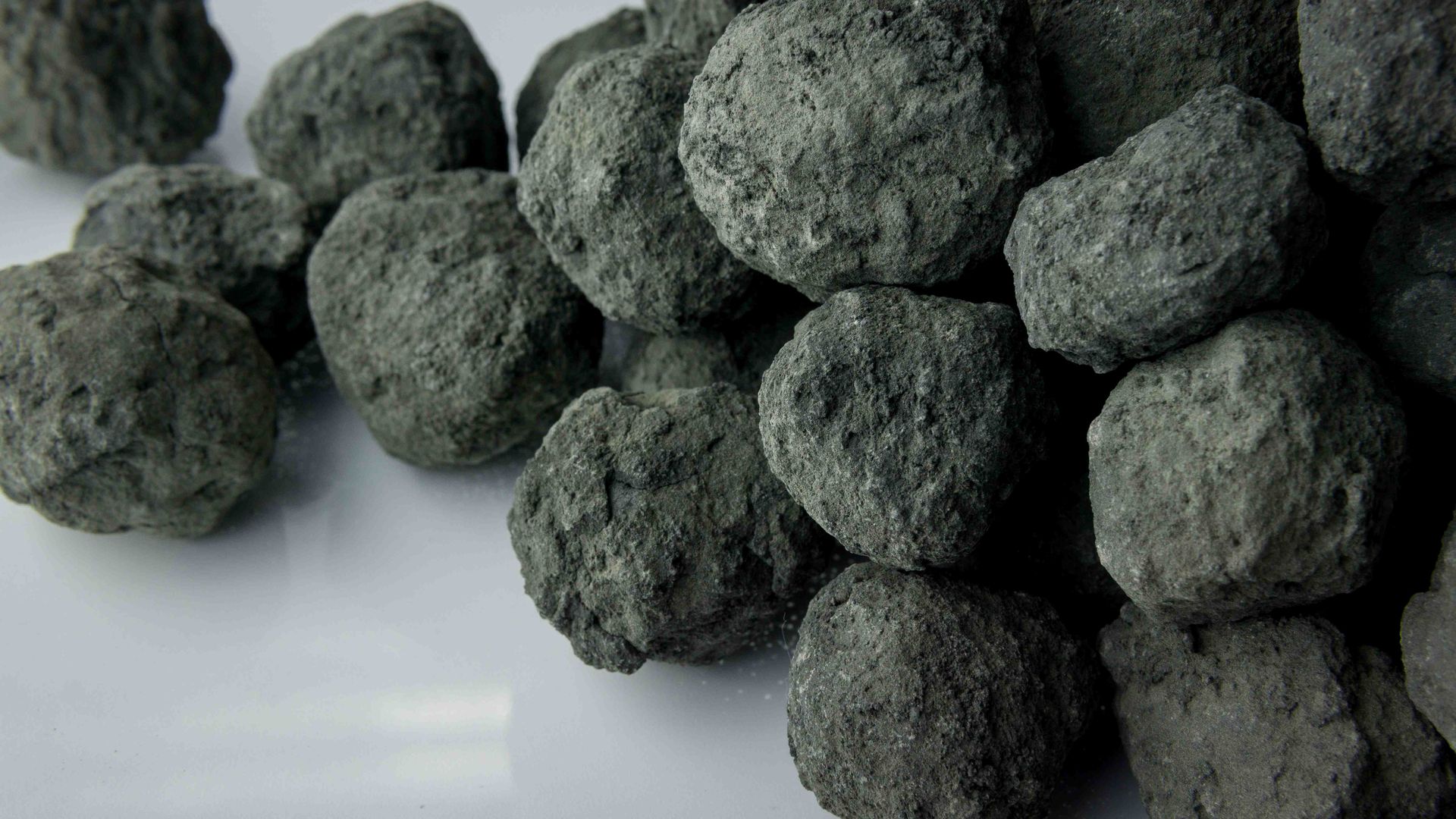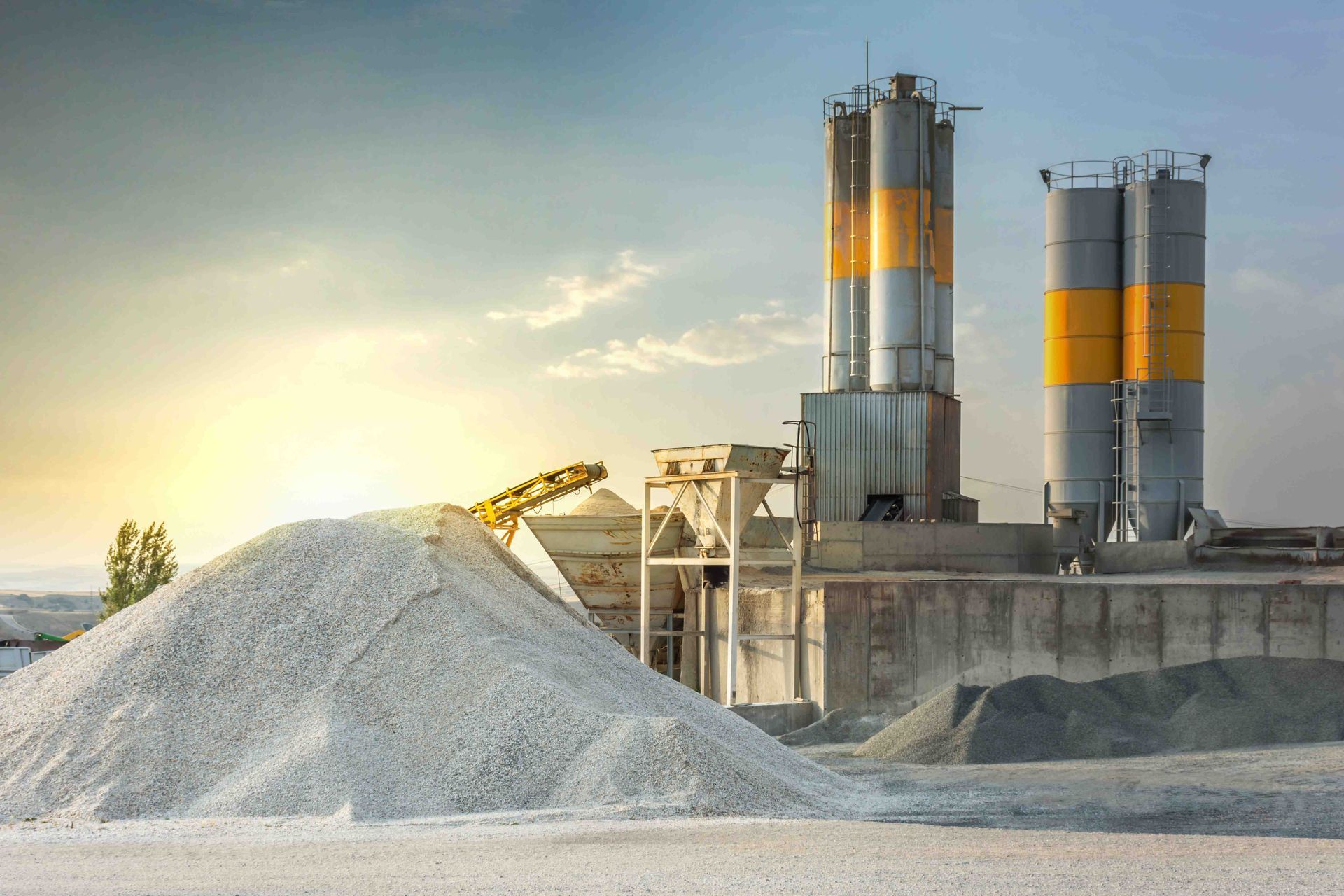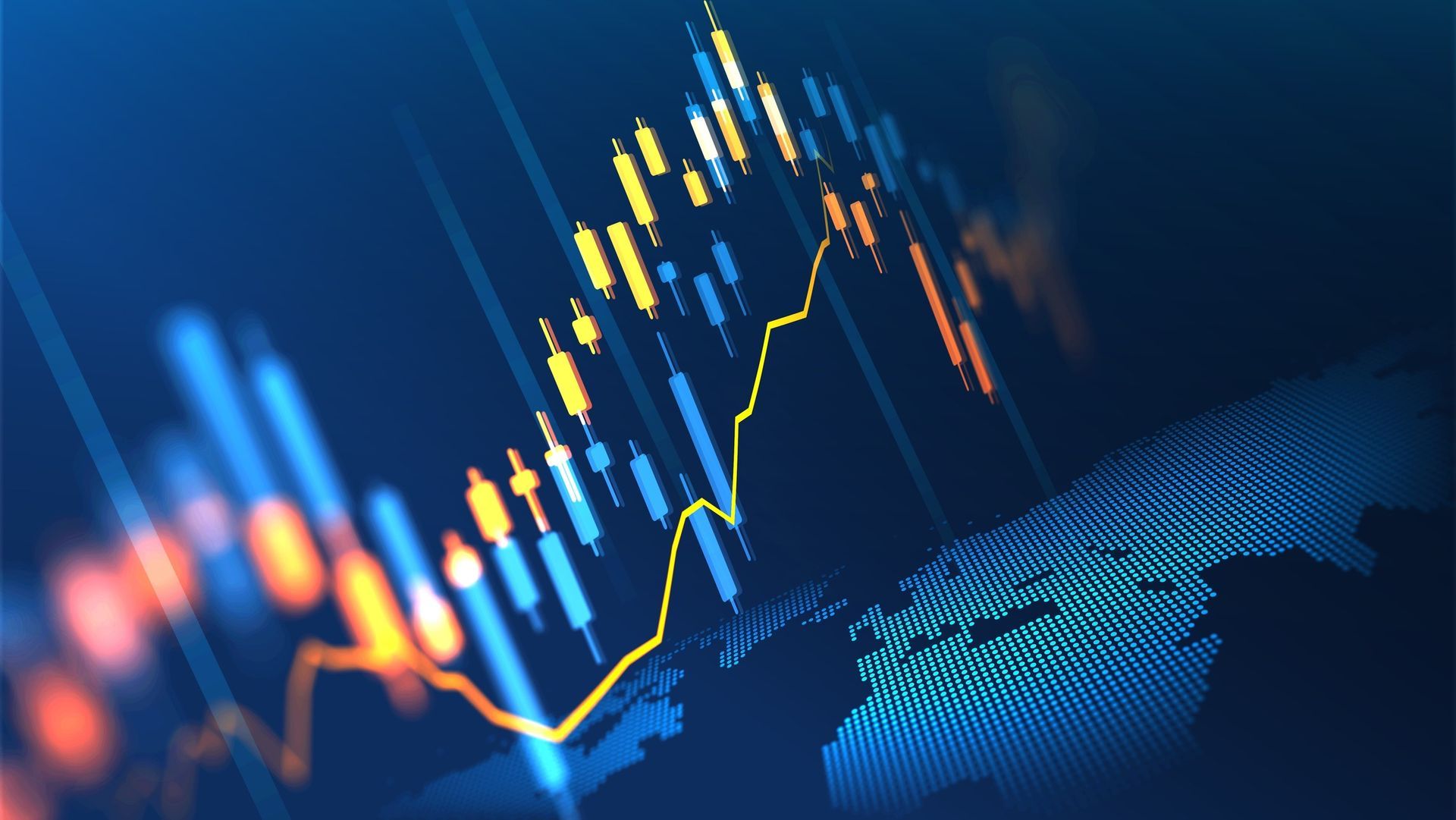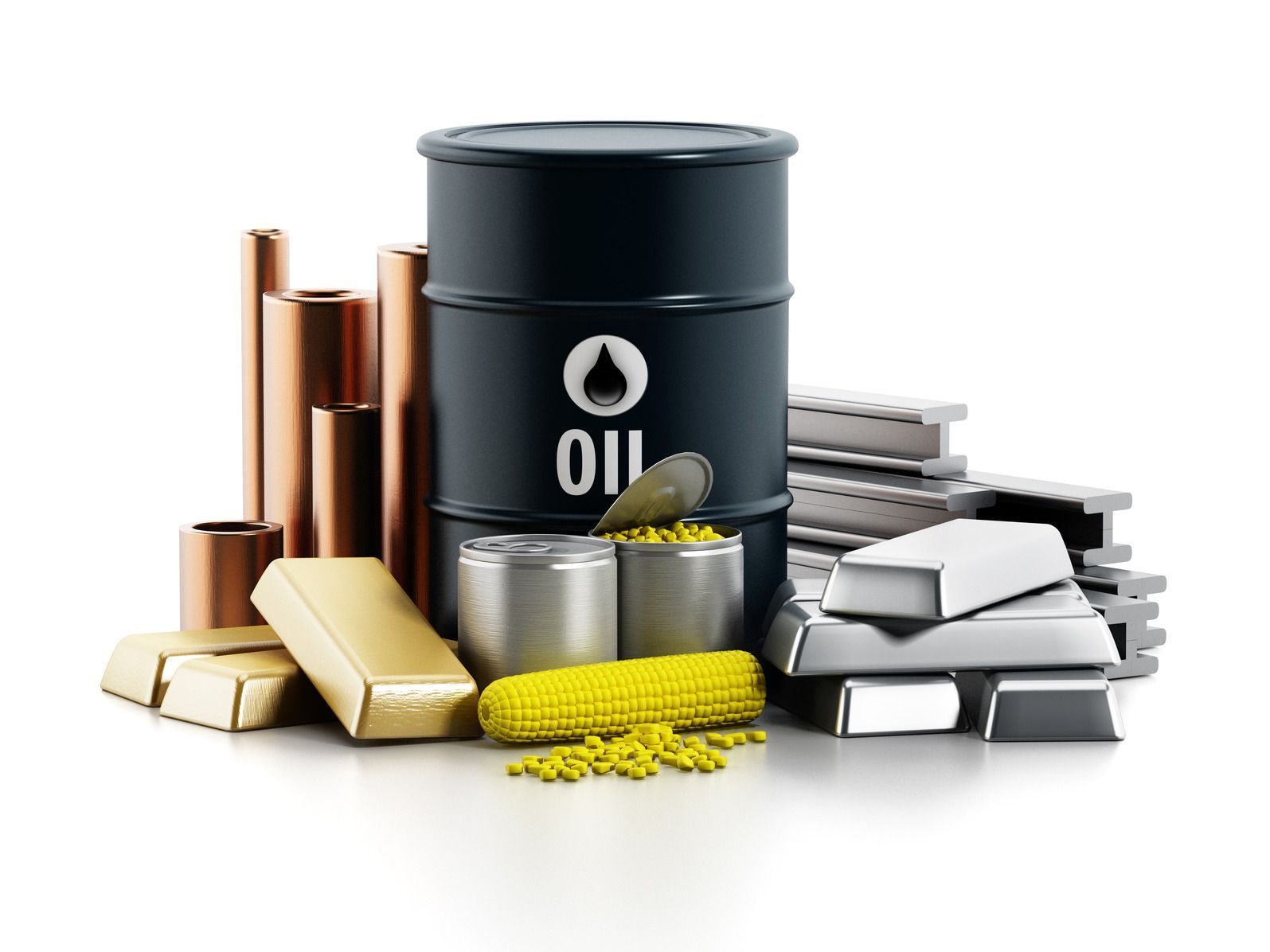All About Commodity Market and How It Can Benefit You
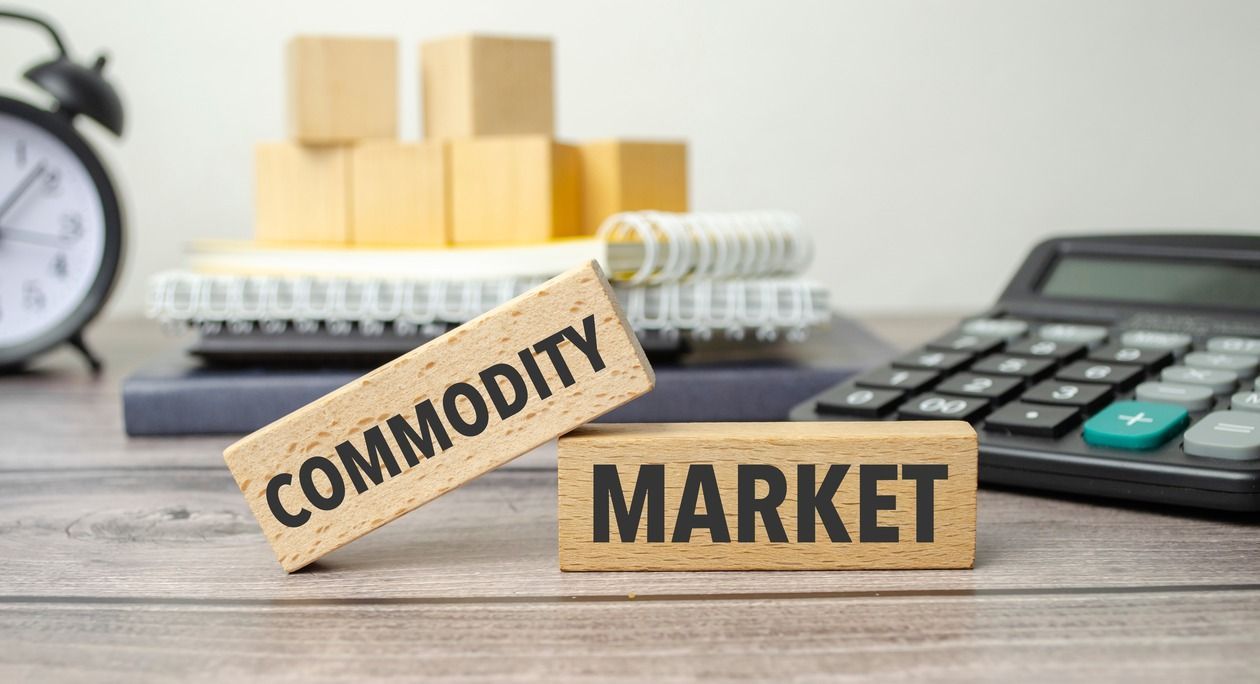
As we traverse the complex world of investments, understanding the ins and outs of various marketplaces is essential. One such marketplace that has a significant impact on global economies is the commodity market.
This article tells you all about the commodity market and how it can benefit your investments.
Diving into the Commodity Market
The
commodity market, often less explored than its counterparts—stock and bond markets, is a marketplace of significant influence in the global economy.
This platform facilitates the trading of a diverse array of commodities, spanning from energy resources such as oil and natural gas and precious metals like gold and silver to a vast range of agricultural products.
Driven by technological advancements and regulatory permissions, the commodity market has seen a remarkable expansion in the commodities available for futures trading.
This transformation has opened up an array of investment opportunities, empowering investors to diversify their portfolios beyond traditional assets. By investing in commodities, one can spread the investment risk over various sectors, creating a balanced and robust portfolio.
The commodity market offers investment opportunities in both perishable and non-perishable commodities. This flexibility enables investors to mitigate risks associated with each category and provides a protective hedge against the continually rising inflation rate, securing their investment value.
Commodity Classifications: Hard and Soft Commodities
To simplify trading and understanding, commodities in the market are divided into two primary categories: hard and soft commodities. Hard commodities, often the focus of major economic discussions, are natural resources mined or extracted from the earth.
This category includes metals such as gold, silver, copper, zinc, and platinum, along with energy resources like natural gas, crude oil, and heating oil.
Soft commodities, on the other hand, are those that are cultivated and nurtured. Unlike hard commodities that are derived from the earth, soft commodities are grown on it.
These include an array of agricultural products such as corn, wheat, rice, soybeans, coffee, and sugar. Also included are livestock and livestock products like cattle and eggs.
The Commodity Exchanges Landscape
In the context of India, there are 22 different commodity exchanges established under the Forward Markets Commission. These exchanges provide the necessary platform for commodity trading within the country.
Among the established commodity exchanges, four significant ones garner the most attention due to their robust trading volumes and diverse commodity offerings. These include:
Indian Commodity Exchange (ICEX)- National Commodity and Derivative Exchange (NCDEX)
- Multi Commodity Exchange of India (MCX)
- National Multi Commodity Exchange of India (NMCE)
These exchanges form the backbone of India’s commodity market, driving the dynamics of commodity trading within the country.
Key Players in the Commodity Market
A pivotal part of understanding the commodity market’s dynamics involves recognizing its primary participants: speculators and hedgers. Both play distinct yet interrelated roles in the function and operation of the commodity market.
Speculators are often seen as risk-takers. They are traders who capitalize on anticipated future price movements, purchasing commodities when the prices are low and selling when they rise.
By leveraging their market understanding and risk appetite, speculators inject liquidity into the market, facilitating smoother transactions.
In contrast, hedgers are typically manufacturers, producers, or commodity users who aim to mitigate the potential financial losses arising from fluctuating commodity prices.
By using the futures market, hedgers can lock in commodity prices for future transactions. This practice provides them with a shield against potential adverse price movements, ensuring predictable costs and revenues and promoting business stability.
Investment in Commodity Market: A Boon or a Bane?
The decision to invest in the commodity market is often a balancing act, weighing its advantages against the accompanying disadvantages. Take a moment to examine each of the pros and cons of the commodity market to gain a better perspective.
Advantages
Diversification: Commodities often exhibit an inverse correlation with stocks and bonds, making them an effective tool for portfolio diversification. By investing in commodities, investors can shield their portfolios from potential losses during downturns in the stock market.
Margin Trading: The commodity market allows for margin trading, where commodity brokers offer lower margins compared to bonds and stocks. This facility allows traders to make larger trades than they would otherwise be able to, potentially leading to higher profits.
Real Returns: Despite being perceived as risky, the inherent volatility of certain commodities can prove advantageous. Investors, equipped with a thorough understanding of market dynamics, can navigate this volatility to generate substantial real returns.
Disadvantages
Limited Returns: Contrary to stocks and bonds, which offer dividends and coupon payments, commodity investments primarily focus on capital appreciation. While the potential for high returns exists, it requires strategic planning and market acumen.
High Risk: The commodity market’s volatility can lead to significant losses if supply and demand dynamics swing unfavorably. It is, therefore, essential for investors to be well-versed in factors influencing commodity prices, both internal and external, and to have a clear risk management strategy in place.
Understanding the intricacies of the commodity market, its players, advantages, and disadvantages can aid potential investors in making informed decisions and maximizing returns while managing the inherent risks.
Wrapping Up
In learning all about commodity market, it’s clear that it offers numerous advantages yet comes with its share of risks. A thorough understanding of this
marketplace can help investors navigate its complexities and potentially reap substantial benefits.
It’s all about making well-informed decisions and staying attuned to market dynamics.
Frequently Asked Questions
How can one start investing in the commodity market?
To start investing in the commodity market, an individual first needs to open a trading account with a registered commodity broker. After setting up the account and understanding the trading platform, one can begin by investing in commodity futures or options based on their financial goals and risk tolerance.
Can retail investors participate in the commodity market?
Yes, retail investors can participate in the commodity market. It’s not exclusive to large institutional investors. However, it’s crucial for retail investors to understand the risks associated with commodity trading and ensure they are making informed decisions.
What is the role of a commodity broker?
Commodity brokers are professionals or entities that carry out orders to purchase or sell commodity contracts on behalf of their clients and receive a commission for their services. They also offer guidance on trading strategies and market trends.
Disclaimer: The information on this website and blog is for general informational purposes only and is not professional advice. We make no guarantees of accuracy or completeness. We disclaim all liability for errors, omissions, or reliance on this content. Always consult a qualified professional for specific guidance.


